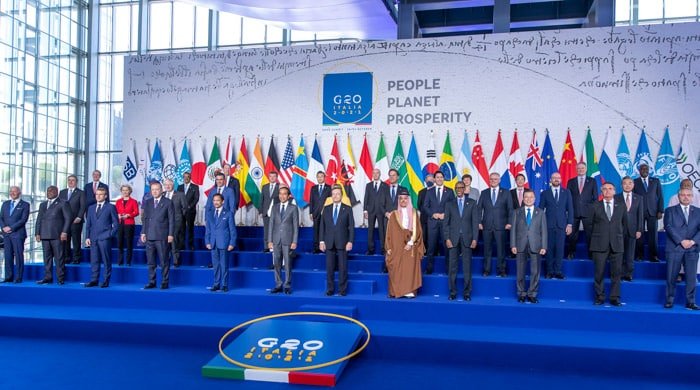During the pandemic, carbon emissions dropped nearly 6%. However, according to the latest Climate Transparency Report, carbon levels are on the rise again.
The biggest offenders? The G20 – who are responsible for 75% of emissions worldwide.
The report found that carbon emissions are on track to rise 4% across the world’s wealthiest nations by the end of this year.
The report’s authors blame the increase in emission levels due to fossil fuels. Gas usage has been up by 12% since 2015, and coal use is projected to rise by 5% this year too.
Emissions levels have increased to the point that China, India, and Argentina are on track to top their 2019 emissions levels. It is important to note that China is responsible for 60% of the increase. However, coal increases are taking place across the US and India as well.
Most G20 members didn’t use pandemic recovery packages to promote climate initiatives. For example, out of the US $1.8 trillion package, only $300 billion went into “green” programs.
What is being done to combat carbon emissions?
Though carbon emissions are increasing, the report did have some positive news.
Renewables are now 12% of power, compared to 10% in 2020. Plus, all G20 members have new 2030 carbon plans to present during the COP26 summit at the end of the month. Most G20 countries now acknowledge the need to reach net-zero targets by 2050.
Though these moves are a step in the right direction, leaders must put stringent policies into place. Investing in technology and carbon markets, which have grown exponentially, are both ways to fight climate change. Experts expect the global carbon market to be valued at $22T by 2050.
If this report highlights anything, it is that more needs to be done – especially from the G20. As US President John F. Kennedy once said, “For those to whom much is given, much is required.”

